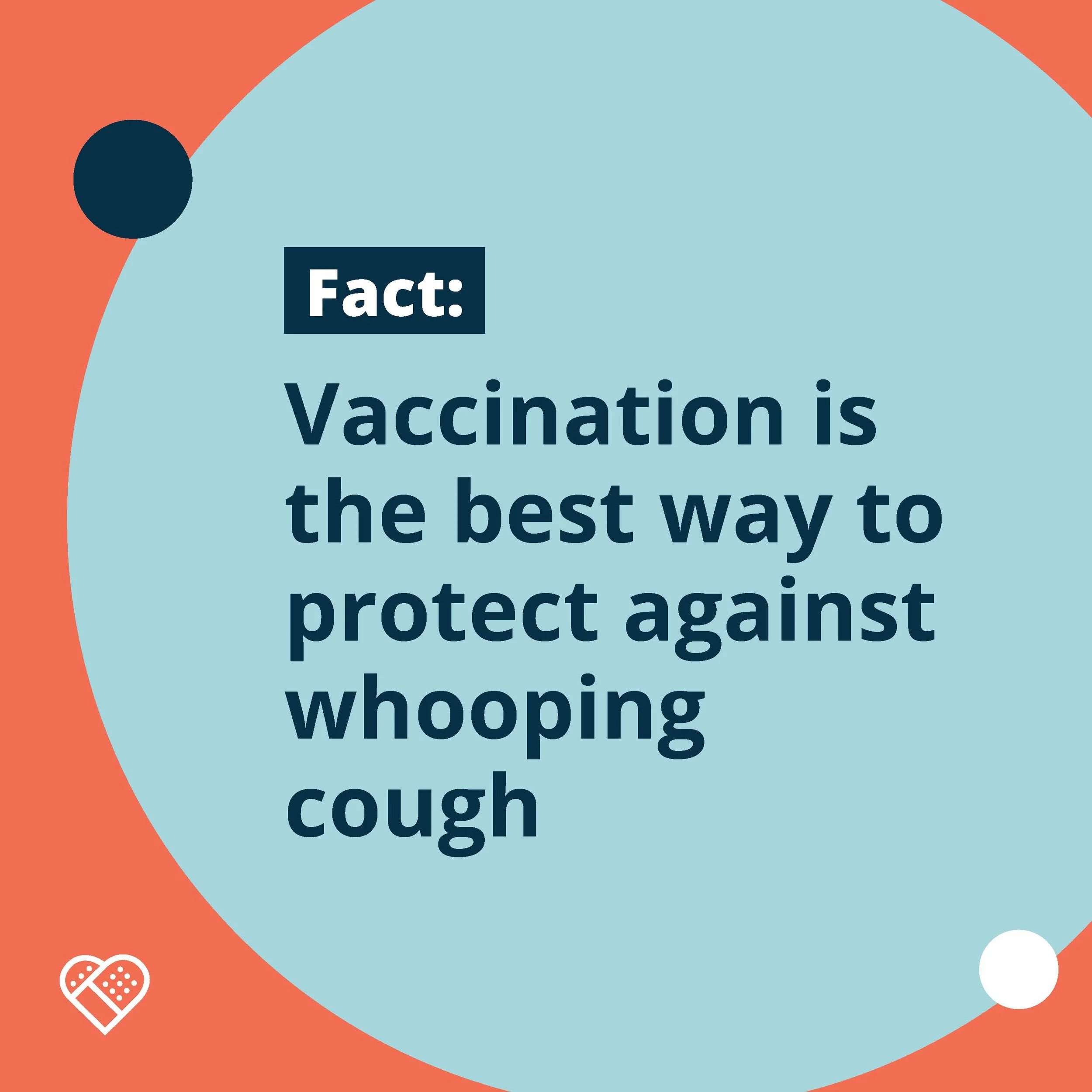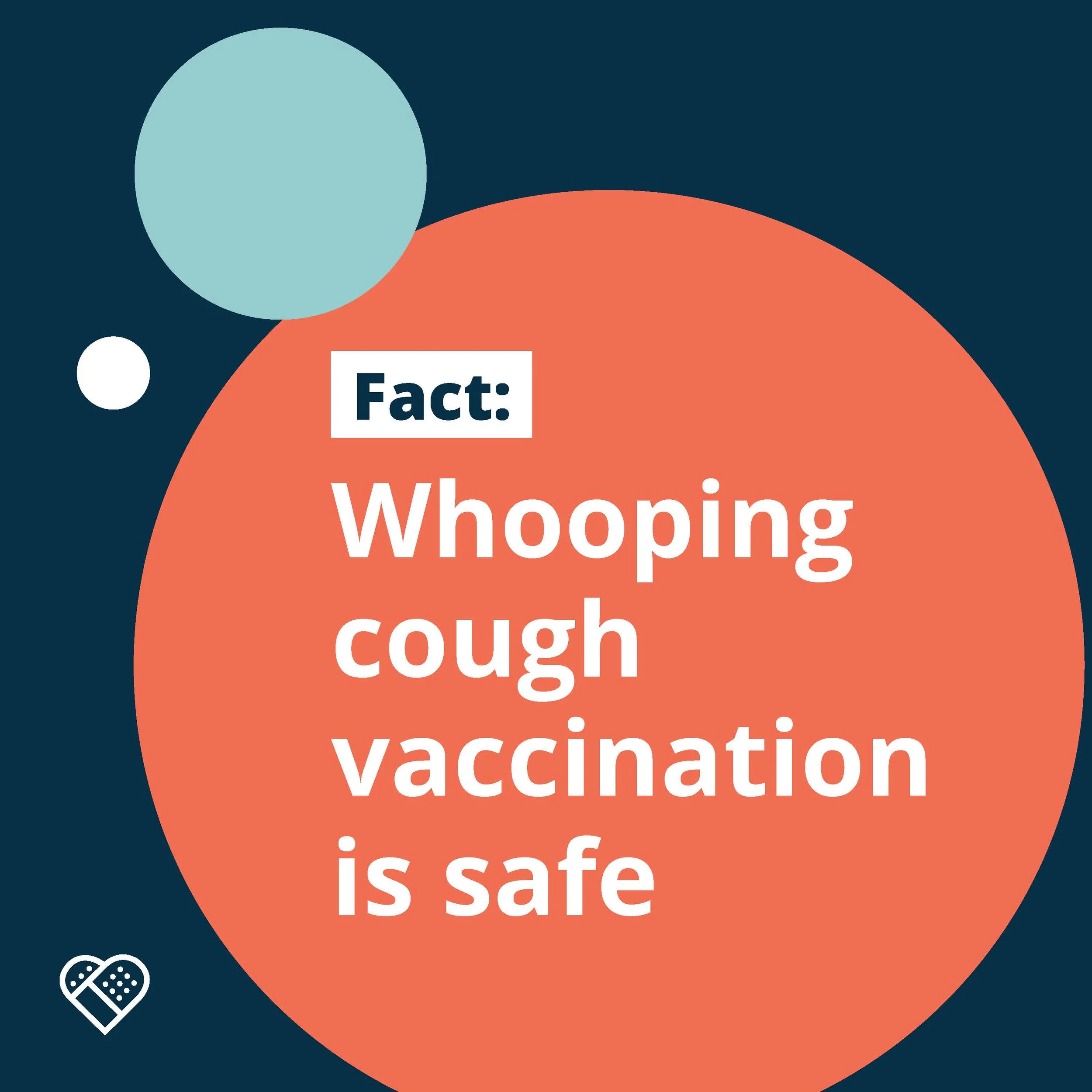While vaccination is especially important for babies, pregnant women and people who are in contact with infants, we all have a role to play in controlling the spread of whooping cough and reducing the risk of infection.
The risks posed by whooping cough are compounded by a reduction in the number of Australians receiving booster vaccination. More than 13 per cent of Australian adolescents are skipping their free school-based whooping cough booster, a figure which has increased since 2021.
Booster uptake in adults is even lower. Most adults cannot recall having received a whooping cough booster, with only one-in-five Australian adults aged over 50 years up-to-date with whooping cough vaccination.




















